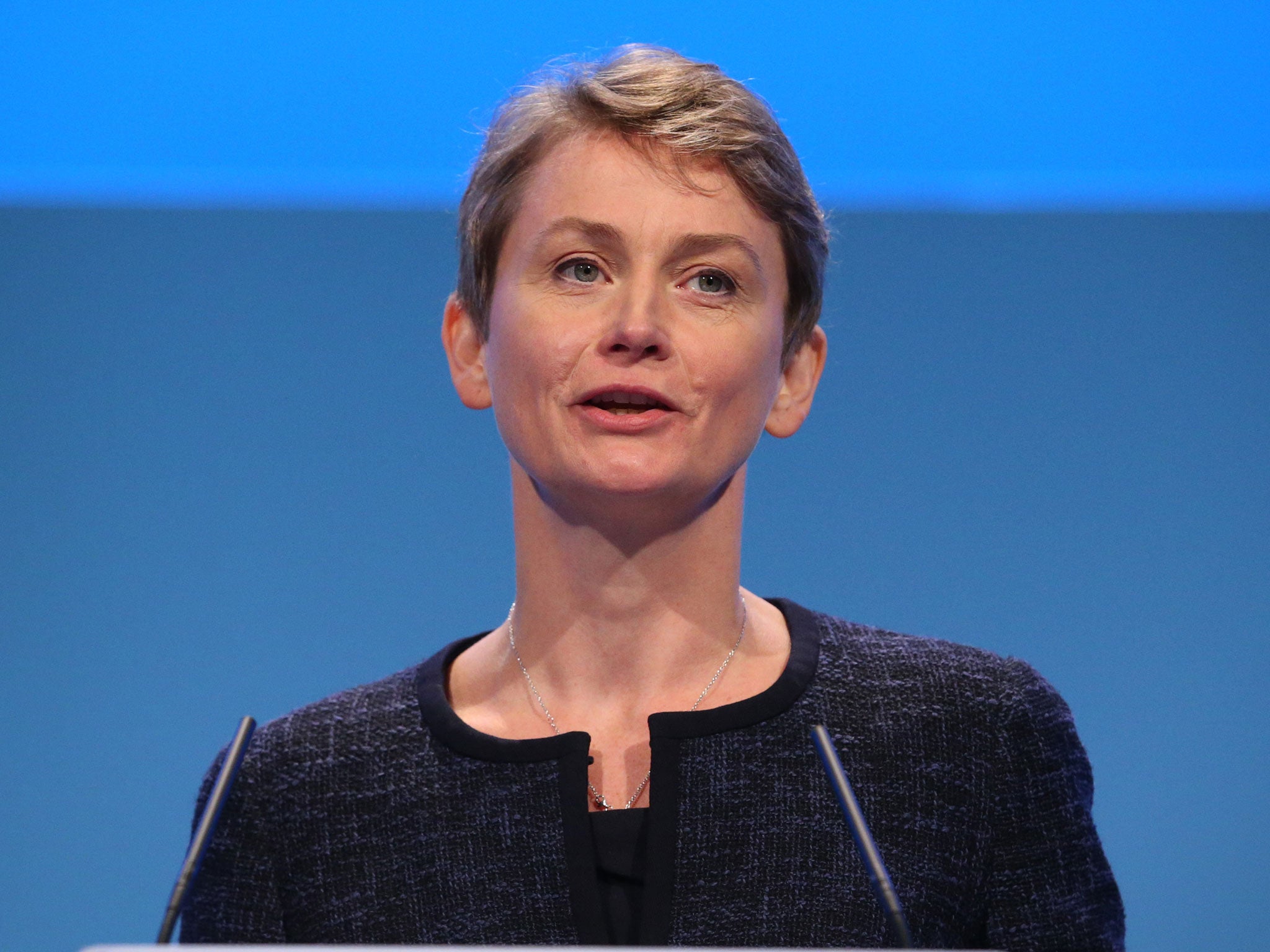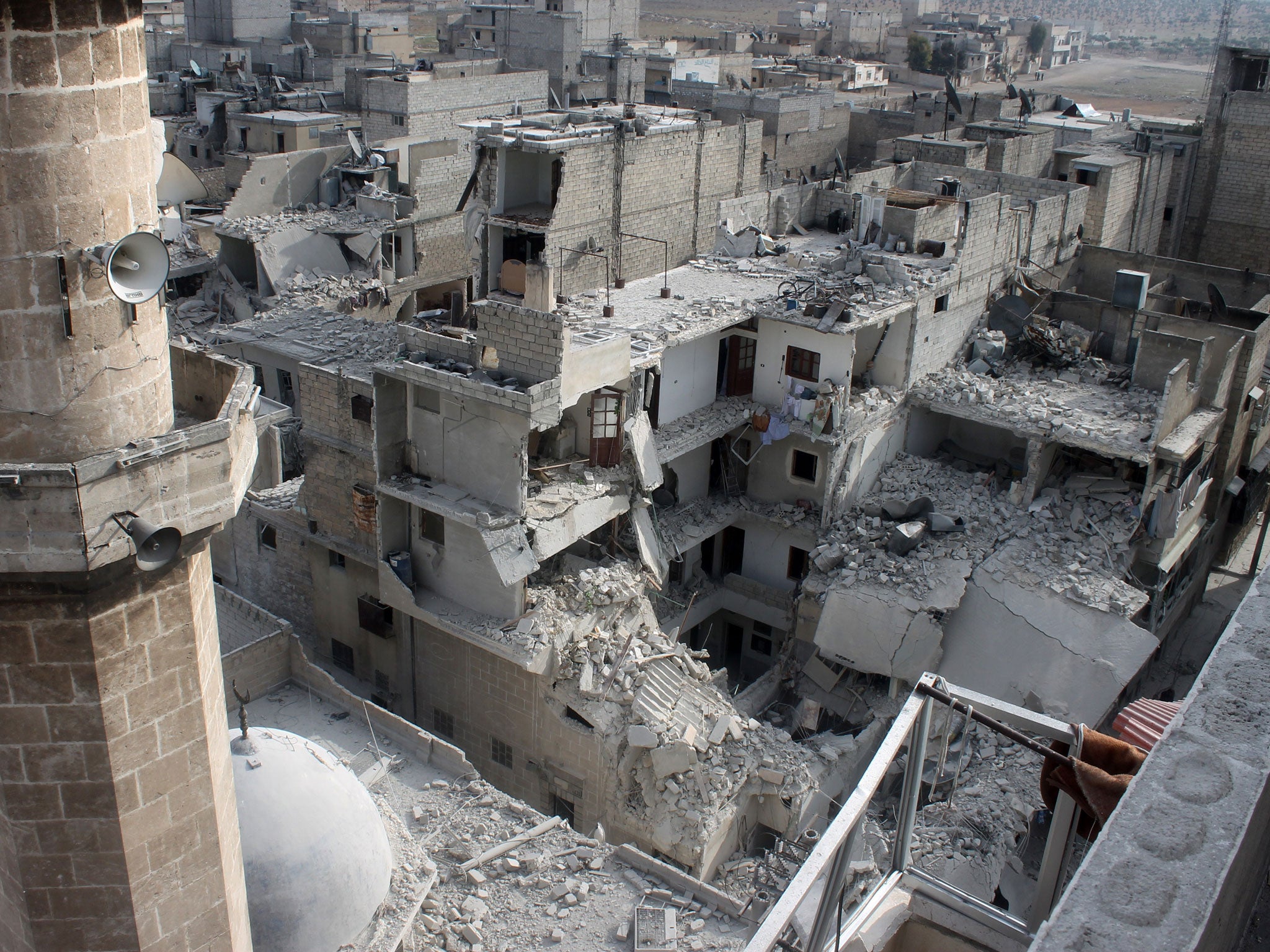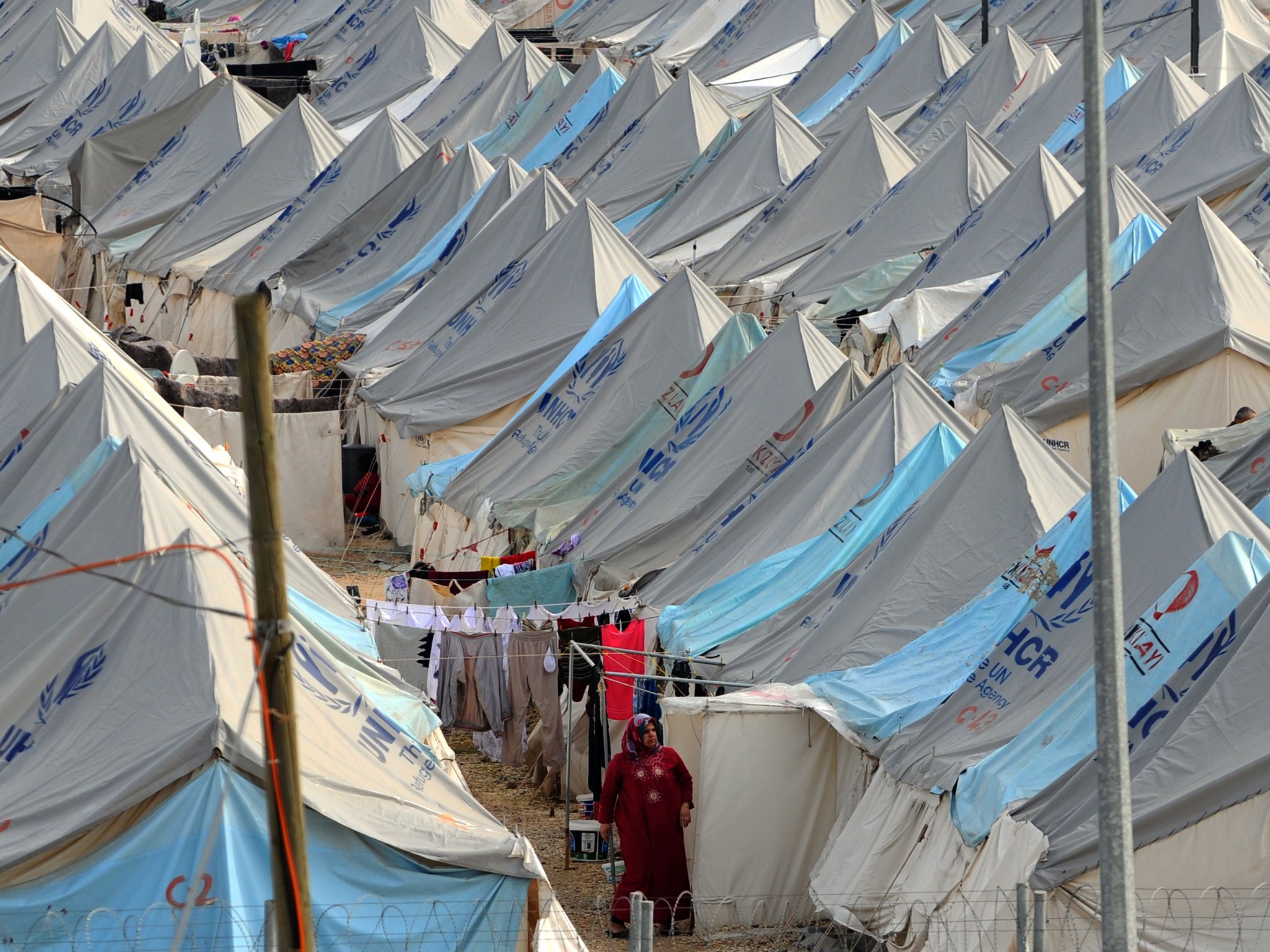MPs revolt over failure to admit Syrian refugees as Yvette Cooper condemns minister's dismissal of 'token' impact

The Coalition is under mounting pressure from Conservative and Liberal Democrat MPs to perform a U-turn to allow some Syrian refugees to come to Britain.
The Coalition is under mounting pressure from Conservative and Liberal Democrat MPs to perform a U-turn to allow some Syrian refugees to come to Britain.
Mark Harper, the immigration minister, angered some MPs yesterday by saying the United Nations plan for Western countries to accept 30,000 of the 2.3 million Syrian refugees would have only a “token impact”.
In an emergency Commons debate, three Tory and four Liberal Democrat MPs demanded a rethink by the Government. Labour tabled an emergency Commons question after an alliance of 25 leading aid agencies and refugee groups wrote an open letter appealing to the Government to play its part, which was published in The Independent on Saturday.
The UN High Commissioner for Refugees (UNHCR) has asked Western governments to accept vulnerable refugees trapped in neighbouring countries. Although 18 countries have signed up, it is still more than 10,000 places short of its target.
Yvette Cooper, the shadow Home Secretary, told Mr Harper: “You described it as token. It is not token for a child given a home. You have dismissed this in favour of regional support but it isn’t an either/or. As every other major Western country understands, some vulnerable refugees need a different kind of help.”
Ms Cooper said it would be “shameful” for Britain to reject the UN request and we should not “turn our backs” on the crisis. Later she dismissed the Government’s response to her urgent question as “completely inadequate”.
The immigration minister insisted that the refugees wanted to go home to Syria rather than come to Britain. He argued that the best way to help them was through the UK’s £600m of humanitarian aid, making it the second highest donor after the United States.
He told MPs: “This country is playing a leading role and we can be proud of that. We are taking this view because we believe this is the right way to get the maximum amount of help to the largest number of people. The £600m that we are spending … is helping hundreds of thousands of people in the region with food and water and medical attention. That I think is the right priority.”

The Tory MP Margot James, a parliamentary private secretary and member of Downing Street’s policy board, told Mr Harper: “We are now being urged by the UN to take on some special cases. I would say that is not necessarily a tokenistic response if you could combine the sheer number of special cases that other countries might be prepared to take. Could you at least not rule out our participation in such a programme in the future?” The minister promised the Government’s policy would be kept under review.
Mark Pritchard, former secretary of the 1922 Committee of Tory MPs, asked: “Surely there is more room for more children, particularly vulnerable children, orphans and the most severely disabled, as a result of this conflict?” James Gray, Tory MP for North Wiltshire, told the minister Britain could admit some children at a very limited cost and not as an alternative to its humanitarian aid on the ground.

Nick Clegg has defended the Government’s policy but all the Liberal Democrat MPs who spoke in the debate called for a U-turn: Sir Menzies Campbell, the party’s former leader; John Leech; Julian Huppert and the former minister Sarah Teather. She warned the “catastrophe” could worsen as a result of Britain’s stance because countries such as Jordan and Lebanon might close their borders with Syria.
Join our commenting forum
Join thought-provoking conversations, follow other Independent readers and see their replies
Comments